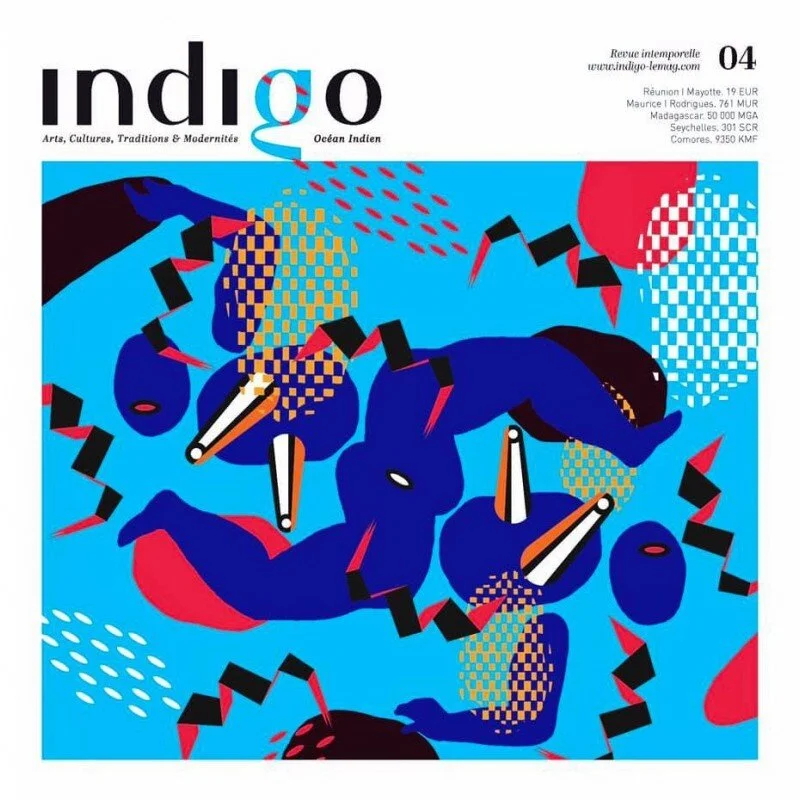What. I'm sorry, what??
Last night, as has become my Wednesday habit, I went out swing dancing at a studio in Rochester. There's a good scene here, nice people, lots of beginners, and a solid contingent of experienced teachers. There's also a dearth of male leads, which means it's very common for girls to ask guys to dance (and/or snatch them away from the 20 other girls also looking for a partner...which is fine, it hasn't become cutthroat yet...).
So I went up and asked a guy to dance that I hadn't seen before. Wearing a nametag, so probably a beginner from the earlier lesson, and looked like he had a good head on his shoulders. He agreed readily. And as he was leading me out onto the dance floor, he said:
"I really don't get this dancing thing."
Sorry? What do you mean?
"Well, it's not creative at all."
...Sorry?
"You're not creating anything, you're just doing the same steps everybody else is. I'm a musician."
Oh. Wait, what?
"Every time I sit down to play, I'm creating something. There's something new."
And I just let my mouth hang open in flabbergasted astonishment for a few moments.
But wait! I have rebuttals! I dabble in both dance and music. And just last month, I was lucky enough to attend a day-long workshop put on by the current International Lindy Hop champions, Todd and Ramona, where they talked at great length about how every dance is different, because everyone dances with their own style, and putting two people together as partners will create something wonderful and fresh. I hunkered down and started probing deeper. Mostly out of morbid curiosity. And probably a little masochism.
He plays guitar. Okay. Chords. There are basic chords to playing guitar. Everything builds off of those. Everything that is "creative" is created upon that foundation. Yes?
"But nobody leaves the foundation here. Look around. Everyone's doing exactly the same steps."
BUT NOT IN THE SAME WAY! I don't actually scream that, though. Instead, I continue that sure, many of them are, but they're just learning. Lots of beginners in this scene. Here, let me point out the more advanced dancers, who are doing their own thing with their partners, more "creatively," as you say.
"Yeah, but it's still all the same steps. They have to know what steps they're going to do ahead of time."
GAH. No. That's the difference between social dancing and choreography. New tack. "Okay, you've been playing guitar for how long?"
"Ten years."
"And how many years of those ten have you been done with the basics, creating something new every time you sit down to play?" (As a side note, I know most musicians -- and dancers -- are never really "done with the basics." It was for the sake of the argument.)
"Ten."
What. Fine. But dude. All those chords have been played before, and they will all be played again.
No real point in trying to explain to him that there are people like that in the dance world, too, even in the world of partner dances.
Why are you even here? Being a really good friend with a car to his buddy with a girl. Who now owes him big time. Seriously? Dude, go to the bar, there's a nice one across the street. Which he likes. Fine. I'd suggest not sharing your opinions, your vitriol, with any of the other dancers here. You may incur their ire. Their wrath. Don't do that.
In conclusion...yep. Good (read: solid) head on his shoulders. Actually, just solid. Solid, rock-hard, and stubborn. I wish him all the best at his bar. Because his friends, the lovebirds, were adorable, and really interested in dancing.
He better not have driven them home drunk.
But look. There's another story in this. These are the same arguments that people use to support the theory that translation isn't creative (albeit in different clothing).
"It isn't writing, you're just copying what other people have said."
"It's all the same words, found by flipping through the dictionary. You don't create anything."
"Maybe literary translation is kinda creative, but those boring legal documents and medical texts aren't." (Don't ever tell me this. I'll grant that literary translation can be more creative than pharmaceutical reports, but writing is still writing. There's an element of creation in all of it.)
Sure, I think they're wrong. But what would you tell people who express such opinions? More ideas are always welcome.




